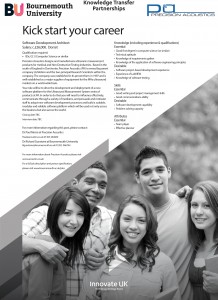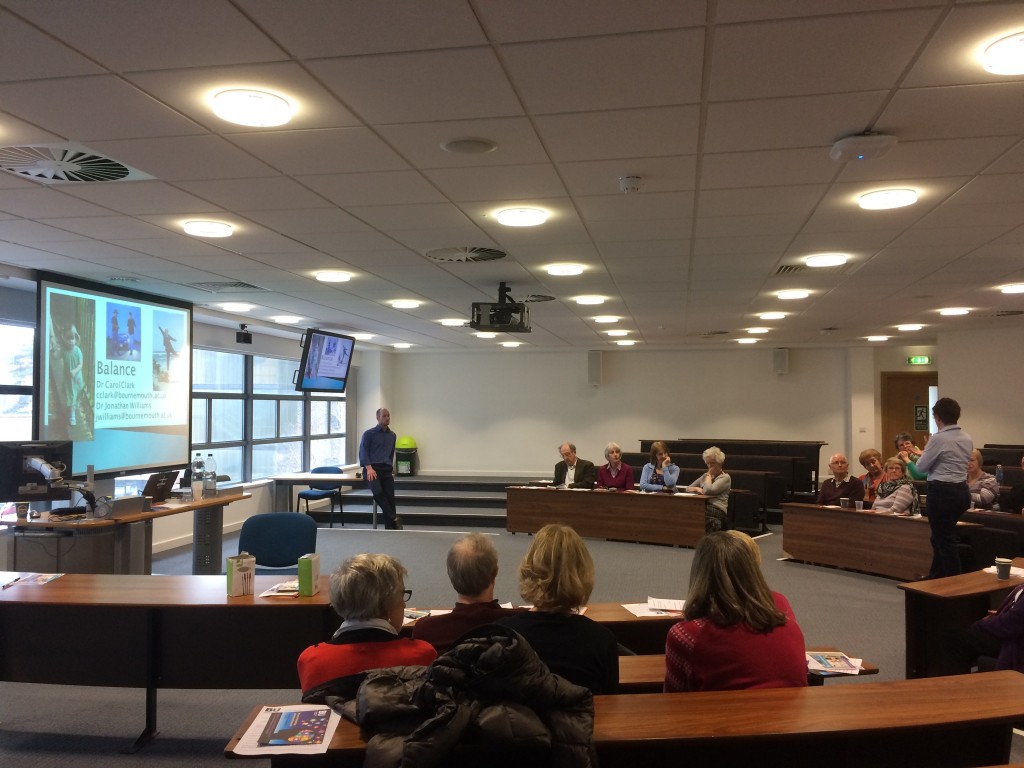
The ESRC (Economic & Social Research Council) Festival of social science is kicking off this Saturday 7th and below are just a few of the events that are running throughout the week! Please come along and get involved.
The festival offers a fascinating insight into some of the country’s leading social science research and how it influences our social, economic and political lives – both now and in the future. In 2015, Bournemouth University has become a Festival partner with more than a dozen events on topics including healthy eating, financial scams, mobile working, identity theft, intellectual property and dementia.
Pathways to Impact Part Deux!– Are you interested in LGBT and ageing issues? Are you looking for tools to engage your group or staff about the discrimination experienced by older gay or lesbian service users and what to do about it?
The aim of this event is to share our tools with you and hear the stories from others who have used them. We are inviting them to discuss how they have used the two learning tools within their organisations’ activities.
Back in 2012/13 more than fifty participants took part in either a one-day ESRC Festival of Science event entitled, “Pathways to Impact: ageing, diversity, connectivity and community” and/or attended the two-day Master class in Ageing and LGBT Issues, “Train the Trainers” in April, 2013. The events included activities and informal discussions about diversity, the potential damage of discrimination experienced by many older gay and lesbian citizens, and what could be done about it. It was also an opportunity to screen the award winning, short film, RUFUS STONE and launch the “Methods to Diversity” Method Deck learning tool to inspire agencies, practitioners and communities to think about diversity within their ageing population.
The aim of this year’s event is to follow up with participants from both events to track the impact of the outcomes of those activities, film screenings and discussions. We are inviting them to discuss how they have used the two learning tools within their local communities. Our part will be to listen!
https://www.eventbrite.co.uk/e/pathways-to-impact-part-deux-tickets-18205534243
Church as place: an ethnography – Held on site within St Peter’s Parish Church this event will ask the question: What meanings of place and space are constructed by non-religious and religious visits to church buildings?
The event will include an exhibition relating to the research findings from our ethnographic study of church visiting, conducted by members of the Centre for Social Work, Sociology & Social Policy (Prof Jonathan Parker, Prof Sara Ashencaen Crabtree & Rev Dr Ian Terry). There will also be an opportunity to discuss and debate the value of churches in contemporary society and the role they play in today’s social life, plus ways in which accessibility can be enhanced.
The current activities associated with St Peter’s Parish Church will be shared and attendees will be invited to look around so they can actively engage with the building as they learn and ask questions about the architecture, traditional functions of the church and the importance of the benefits church can bring to those who visit.
http://www.eventbrite.co.uk/e/church-as-place-an-ethnography-tickets-18646725859
Creativity and Dementia:making a connection – During this event Bournemouth University Dementia Institute (BUDI) will bring dementia awareness to life, enabling the public to engage with the topic of dementia through creative activities, including: a screening of performances from the BUDI Orchestra (formed of people affected by dementia and musicians); wayfinding; Tai Chi and music workshops and poetry sessions.
The event aims to challenge people’s perceptions of the condition and the negative stereotypes of people with dementia. It will enable the audience to see first-hand that it is possible to for people with dementia to take part, learn something new and have fun, all at the same time.
There will also be an opportunity to hear more about the Dementia-Friendly University initiative at Bournemouth University (BU), attend a screening of the film Still Alice, become a Dementia Friend, and join SportBU rowing and cycling 850,000 kilometres – a figure chosen to represent the number of people currently diagnosed with dementia across the United Kingdom.
https://www.eventbrite.co.uk/e/creativity-and-dementia-making-a-connection-tickets-18951436256
We look forward to seeing you at an event!


























 Dr. Ashraf cited on ‘Modest Fashion’ in The Guardian
Dr. Ashraf cited on ‘Modest Fashion’ in The Guardian NIHR-funded research launches website
NIHR-funded research launches website Academics write for newspaper in Nepal
Academics write for newspaper in Nepal New paper published on disability in women & girls
New paper published on disability in women & girls MSCA Postdoctoral Fellowships 2025 Call
MSCA Postdoctoral Fellowships 2025 Call ERC Advanced Grant 2025 Webinar
ERC Advanced Grant 2025 Webinar Horizon Europe Work Programme 2025 Published
Horizon Europe Work Programme 2025 Published Horizon Europe 2025 Work Programme pre-Published
Horizon Europe 2025 Work Programme pre-Published Update on UKRO services
Update on UKRO services European research project exploring use of ‘virtual twins’ to better manage metabolic associated fatty liver disease
European research project exploring use of ‘virtual twins’ to better manage metabolic associated fatty liver disease